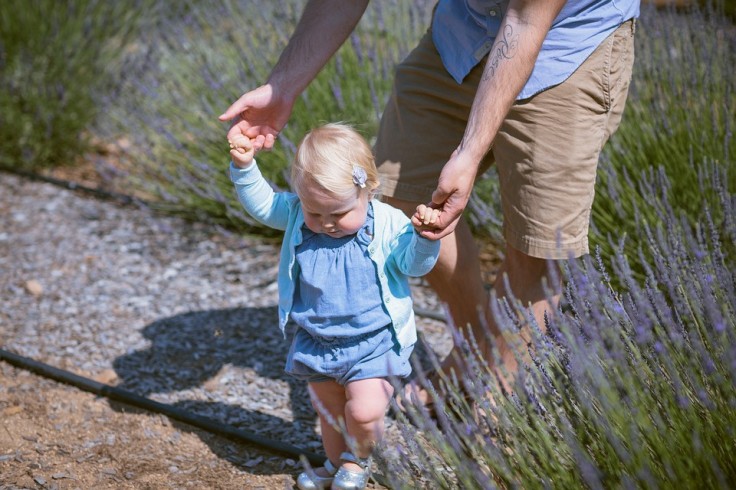
One unexpected part of becoming a parent is the endless advice that is offered by friends and relatives, and sometimes strangers. While some of the advice may be helpful, there are tips that seem weird. Even if these tips are given with baby's best interest in mind, some of them can have serious consequences if they are followed.
The assistant professor of pediatrics at the Indiana University School of Medicine in Indianapolis, Dr. Rachel Vreeman, said that not all health myths are made equal. Some of them are things that parents say and can be harmless, but that is not always the case. There are some baby myths that might cause harm.
Dr. Sarah Denny, an emergency medical physician and faculty member of the Center for Injury Research and Policy at Nationwide Children's Hospital in Ohio, said that we see advertised products all the time, so parents think that if they've got it in the baby store, it must be safe. Because of the way that they are marketed, people think that they are safe but in reality, they are not safe at all. Between questionable products and bad advice, what must a parent do? Here are some of the common baby myths that are debunked by experts.
Babies need water when it's hot
This is not true. Babies, just like adults and children, need to stay hydrated. In some cases, a pediatrician may recommend giving a baby an oral rehydration solution, however, most of the time, a baby's fluids should come from formula or breast milk. Since a baby does not yet have fully functioning kidneys, her body isn't prepared to excrete water. As a result, it can cause an imbalance of sodium and electrolytes. Your baby can start sipping water occasionally around six months, but you should check with the doctor first. After age 1, he or she can drink it more regularly.
Teething can cause fevers in babies
Research has not shown a strong link between the two. What this means for parents is that a fever in a teething baby should not be written off and medical attention should be sought to know if something else might be causing the increase in body temperature.
Mobile walkers can help babies walk earlier and are safe
While parents may purchase walkers to help keep their babies entertained and help their little ones walk, experts have long recommended against their use. Dr. Denny said that it is a perceived benefit that it is not real and is in fact, a danger to babies.
There is some research that suggests walkers can slow a baby's ability to walk on his own. Also, the enhanced mobility is frequently a problem. A baby in a walker can quickly, and unexpectedly, approach a staircase, even under your watch. This is known as the 'myth of supervision'.
Dr. Gary Smith, the director of the Center for Injury Research and Policy at Nationwide Children's Hospital, said that a lot of parents think that their child can use a mobile walker safely as long as the parents are watching them closely. Unfortunately, although important, supervision is never enough to prevent injury. This is because injuries usually happen fast and it happens before anyone has time to react. The safest choice is to use standing-activity discs that lets a baby stand in the center, but leaves off the problematic wheels.
ALSO READ: Myths And Truths On Parenting A Baby Boy That Differ So Much From Raising Girls